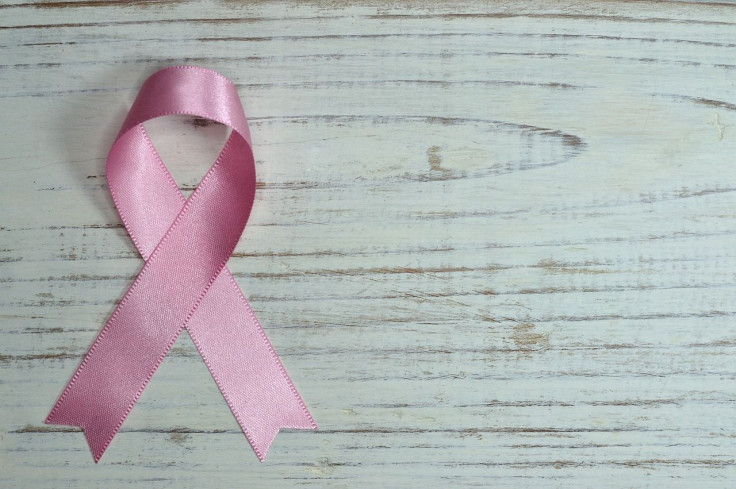Cervical Cancer Symptoms: Signs Every Woman Must Be Aware Of

Cervical cancer has taken the lives of a lot of women. There are instances when the patient discovers the disease at a much later stage wherein treatments are no longer an option. The American Cancer Society estimated that about 13,170 cervical cancer cases will be diagnosed and that approximately 4,250 women would die because of this disease.
It is, therefore, important that women are aware of the early signs and symptoms of cervical cancer. At the same time, doctors recommend that women undergo screening so that the disease could be detected early on.
What are the signs of cervical cancer? Are there pre-cervical cancer signs or there is no distinction between the two. Below are some of the signs that experts have given regarding cervical cancer, as found in Cancer.net.
· Light bleeding or blood spot following a menstrual period
· Heavier and longer bleeding during period
· Bleeding after sexual intercourse
· Pain during intercourse
· Persistent pelvic pain
· Bleeding after menopause
Women who notice any of these must be wary and are recommended to undergo the screening process. At the age of 25, women can already undergo screening. However, while this recourse is being advocated by many medical experts, the number of women who willingly go this way is only a few. Not all women want to do cervical smear. Statistics show one in three women would turn down the process.
Cervical screening is done by taking a sample of cells from the cervix. This sample is then checked for any abnormal activity. Women from 25 to 49 years old are recommended to do screening every 3 years. On the other hand, those from 50 to 64 are recommended to be screened every 5 years.
If the screen would produce an abnormal result, it could mean a lot of things and not necessarily cancer. It could be HPV or precancerous cells.
The best thing that you could do is to immediately see your GP the moment you notice any of the signs. Better yet, go for the screening. Early treatment can do wonders for the condition. You might even save your very own life.
© Copyright IBTimes 2025. All rights reserved.





















